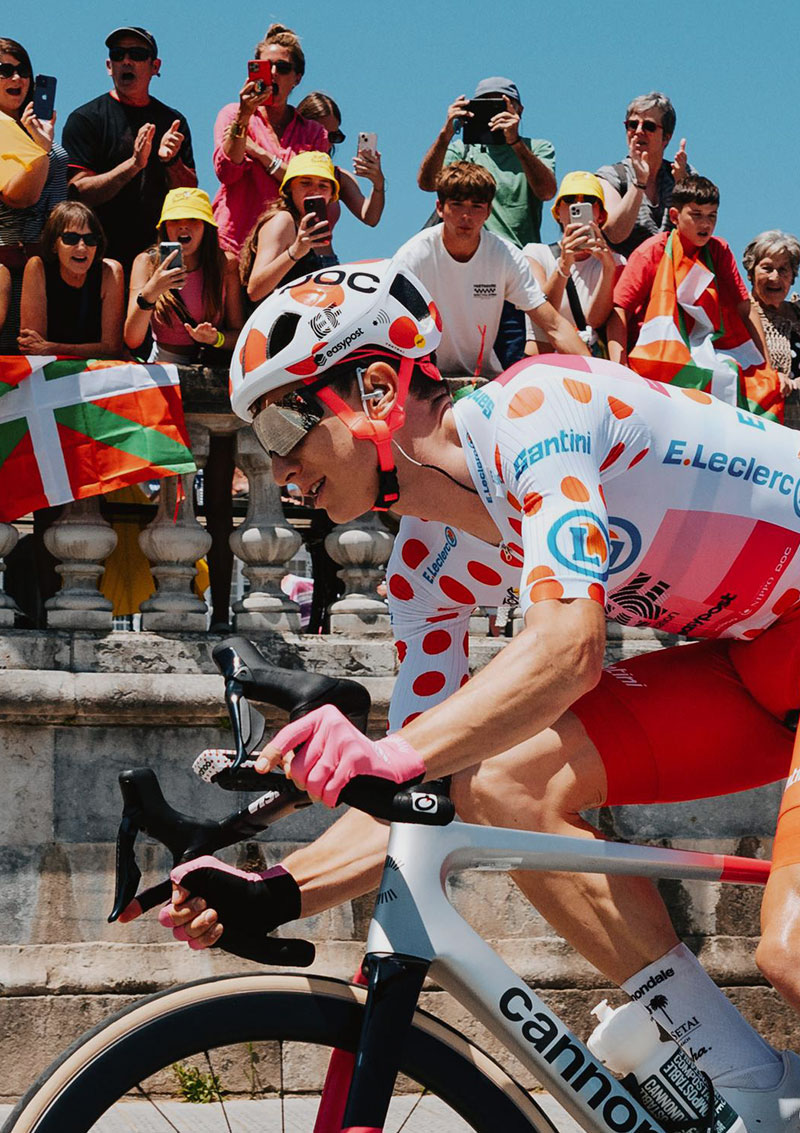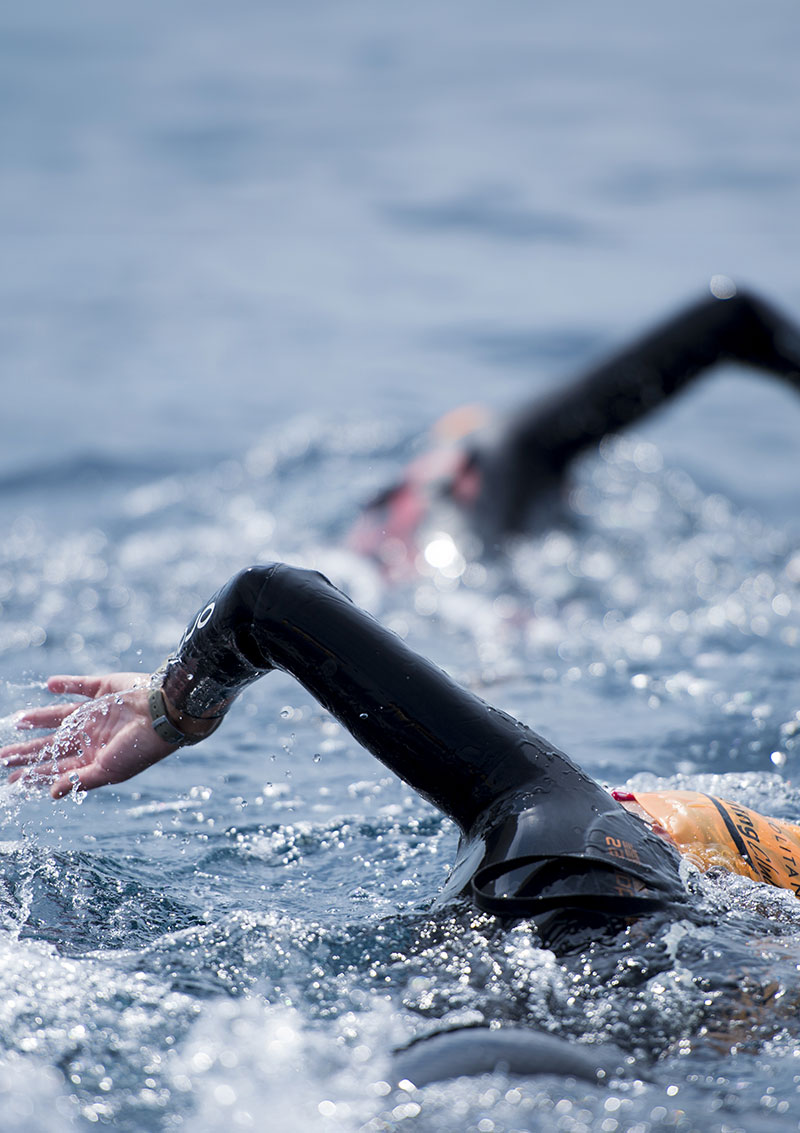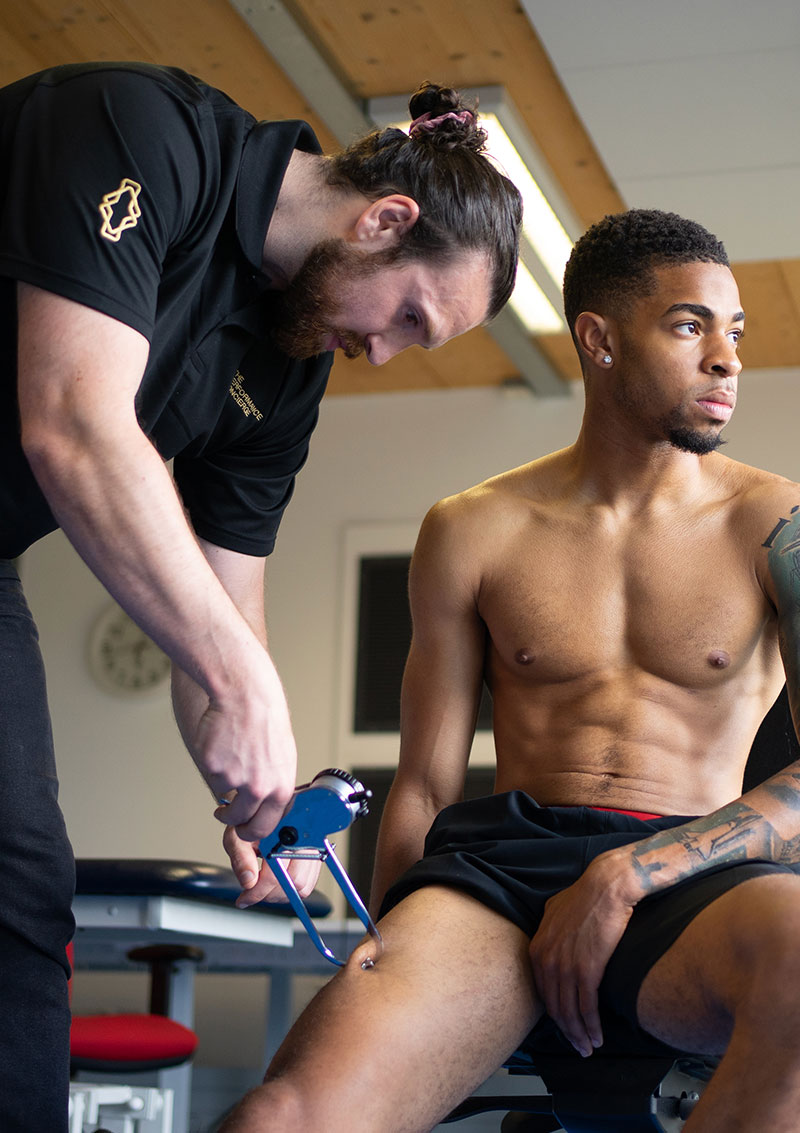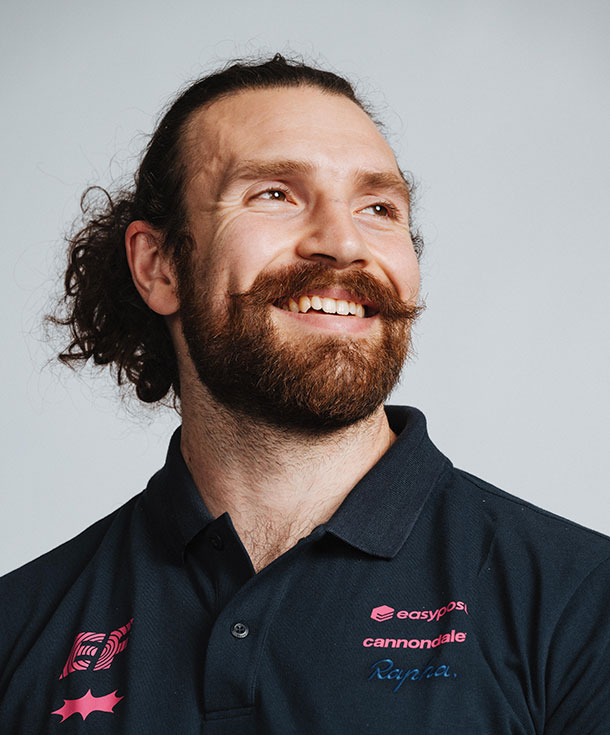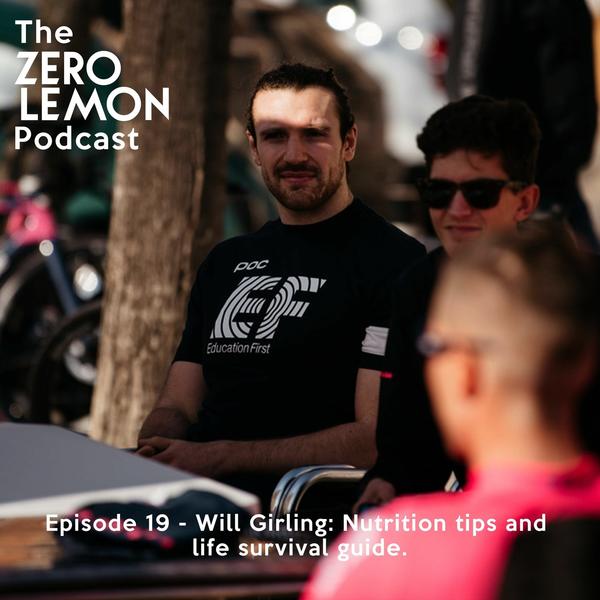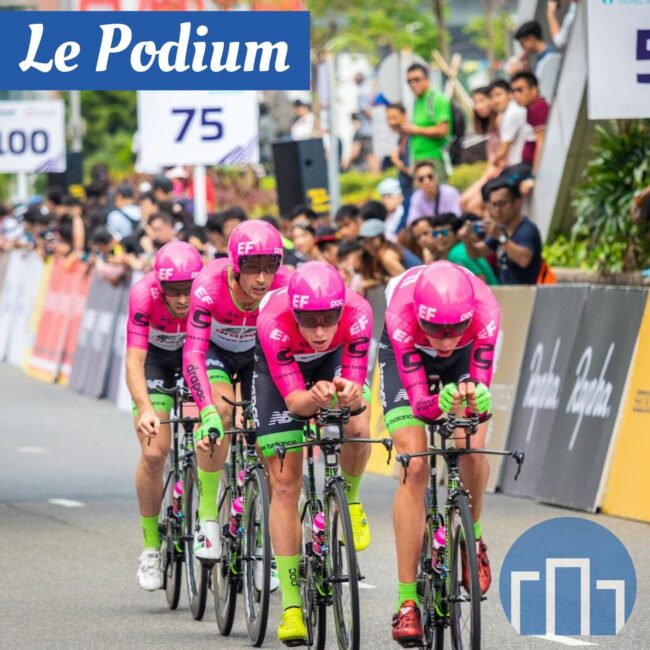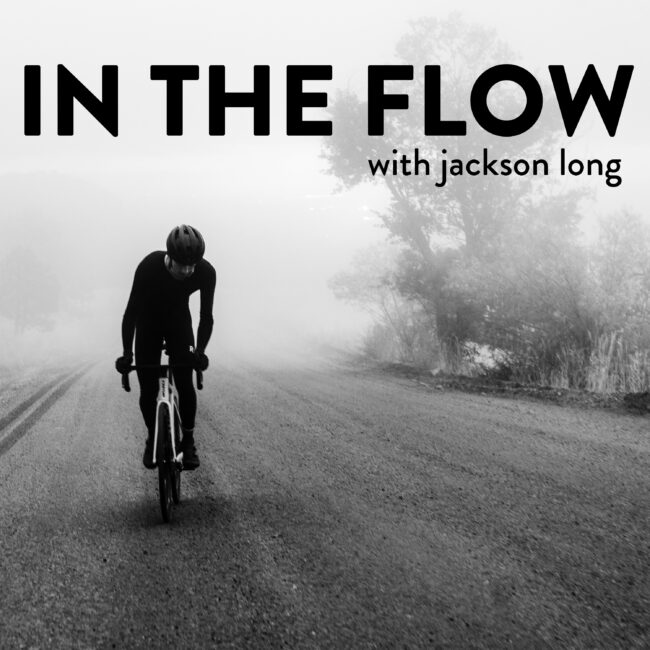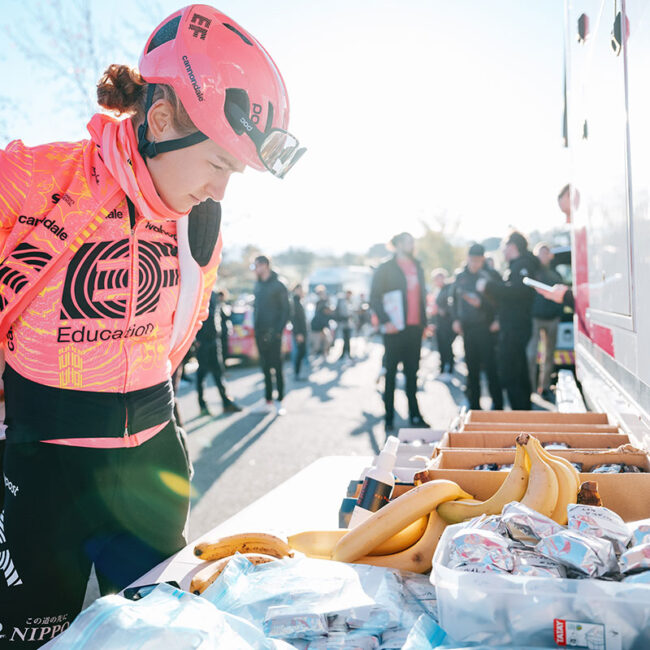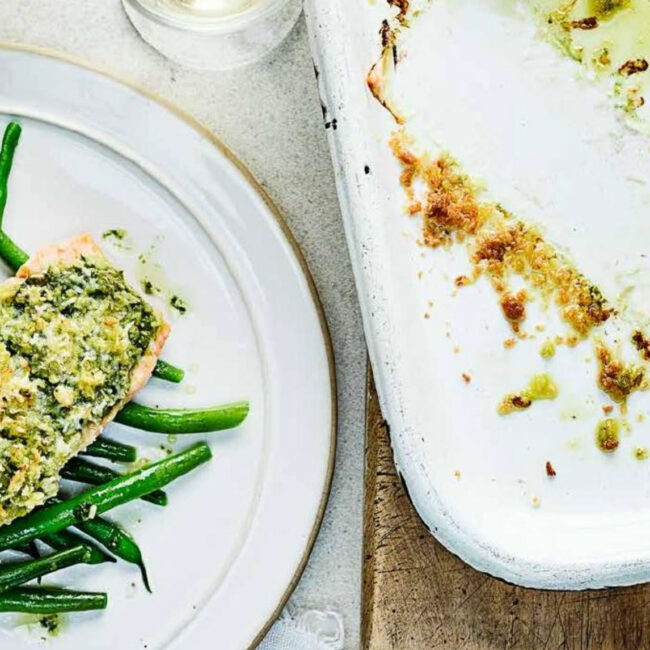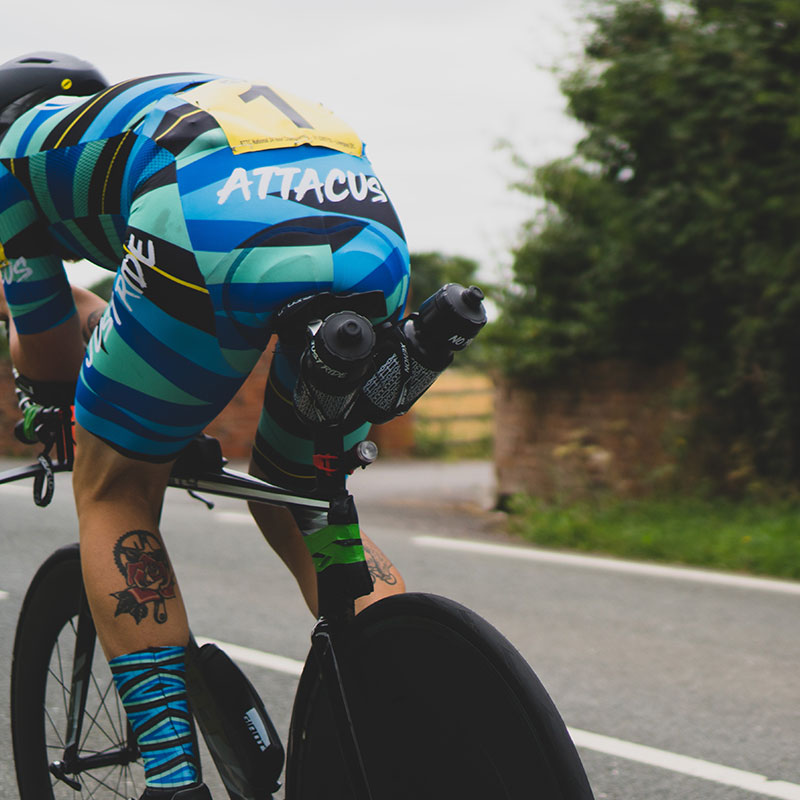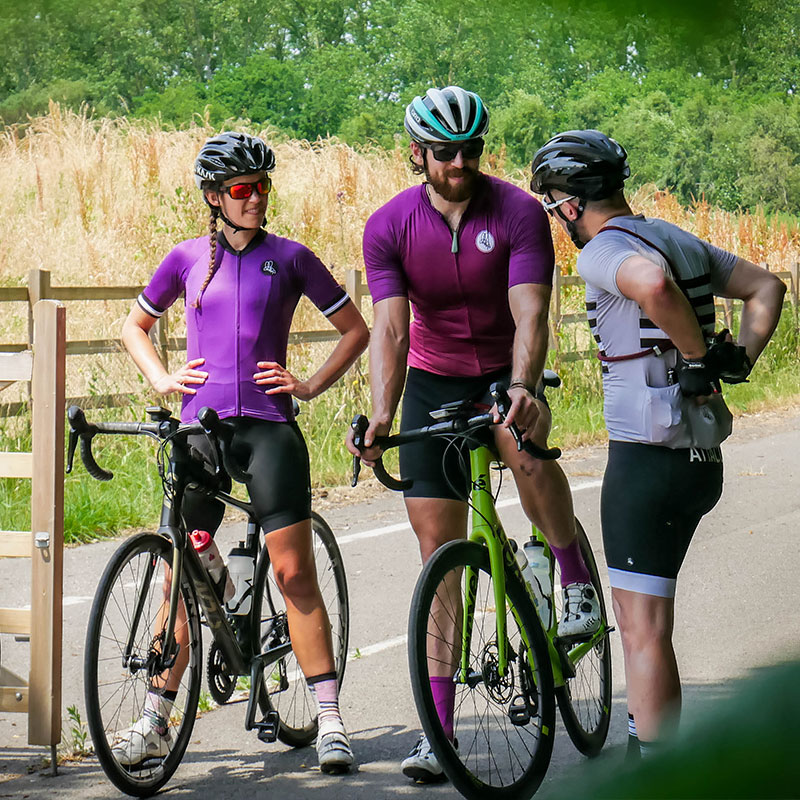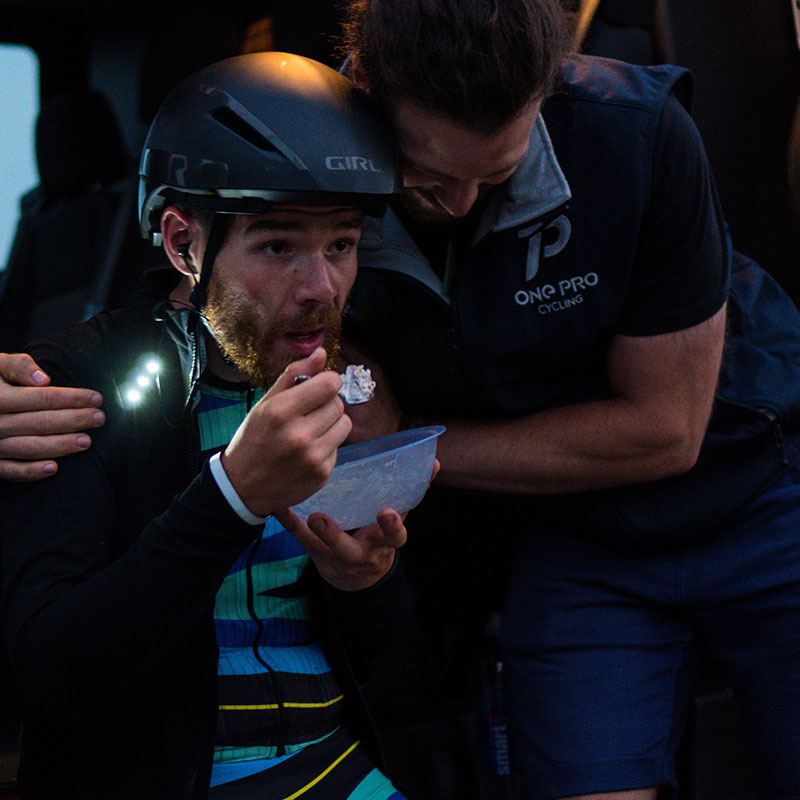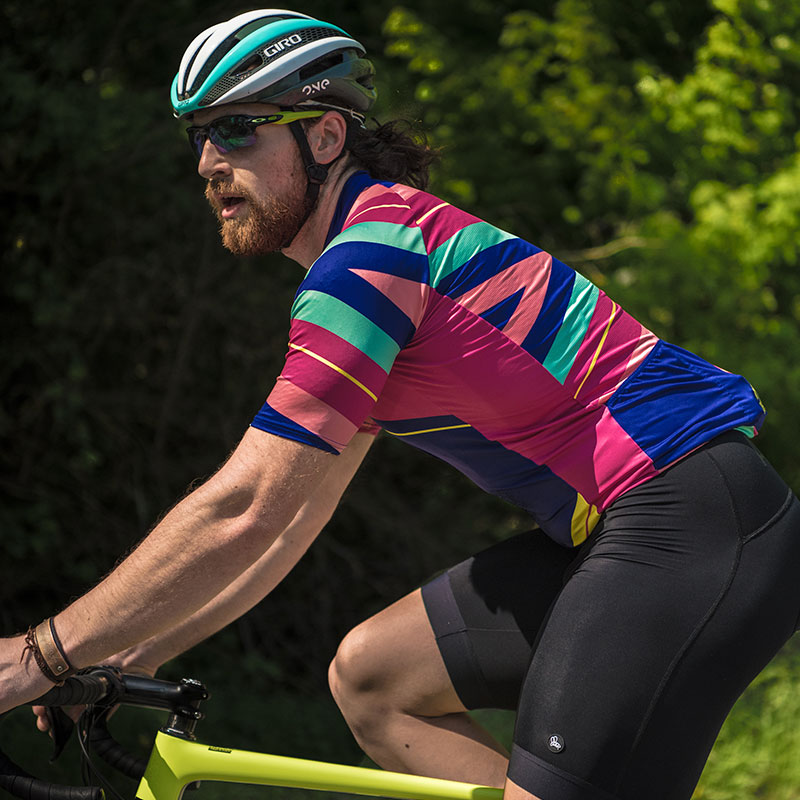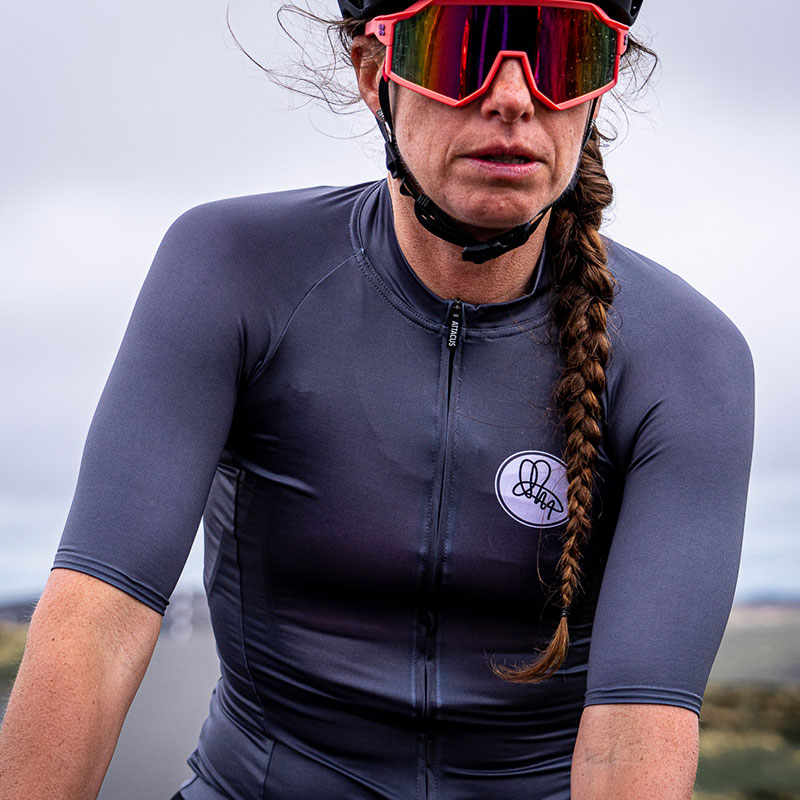



Discover Your Limit
We help high performance people actualise their full potential.
By creating bespoke comprehensive nutrition support programmes.
Modern Technology
Our method blends cutting edge technology and human experts to transform how our members utilise the power of food to optimise their health, personal performance and overall quality of life.
Pro Team
Our highly qualified and experienced team support high performing individuals and elite pro teams across the UK, Europe, Middle-East and USA.
Methodology
Our methodology has been road-tested in the toughest environments and all aspects of our support are meticulously designed to meet our client’s specific needs, lifestyle and goals.
Elite Results
Unlocking and maximizing results through our innovative methods and personalized approach is our hallmark at Will Girling.
Unleash your true potential!
The Team.
With over 40 years combined experience across academia and professional practice, our close-knit team includes a hybrid of specialist nutritionists, physiologists and creative chefs.
TRUSTED BY THE PROS
A proven track record of supporting the most influential talent on global stages.
Latest News & Articles
GET TO KNOW US
With over a decade of industry expertise, we've honed our craft, collaborating with aspiring athletes, seasoned professionals, global sports titans, and contenders on the world stage.
Pro Athlete
Client Reviews


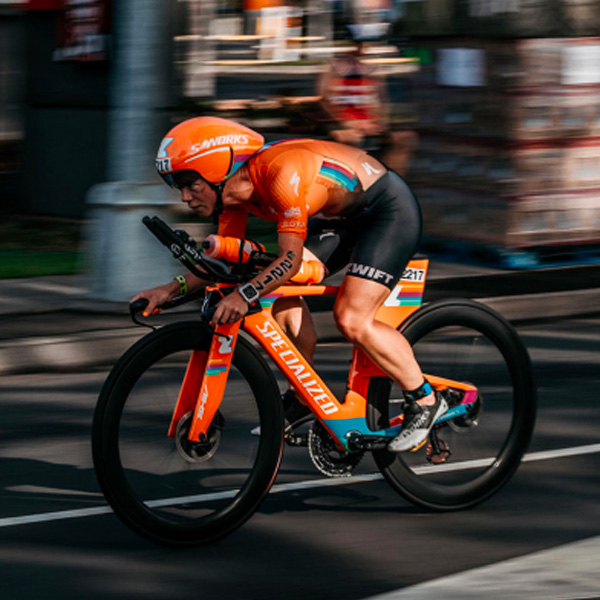
"Transitioning from middle distance to iron distance triathlons, I struggled with stomach cramps and energy depletion during runs. Will's guidance has transformed my fueling approach, allowing me to overcome nervousness and improve performance. In my first race under his guidance, the Hever Castle Gauntlet, a strategic nutrition plan helped me feel great and achieve one of my strongest runs. This year, with ongoing practice, including preparation for my first Ironman, Will has significantly improved my fueling effectiveness and overall results."
RUTH PURBROOK IRONMAN WORLD'S WINNER

"Started with Will and Liam in June/July 23 trying to shift 3kg to drop from what appeared to be a stubborn 78kg. As a cyclist power to weight is everything. By October I’d lost the best part of 6kg. No dieting, no fads, never hungry, my training was fuelled and the weight fell off."
Steve Howe Private Client

"I can't express enough how positive my experience was with Will Girling. The team gave me the knowledge and confidence to keep applying the principles they taught, which has been a game changer in my training. I highly recommend them to anyone looking to gain a deep understanding of the importance of nutrition in training and to achieve their weight and performance goals. A heartfelt thank you to Will and his team for their incredible support and guidance!"
Stefan Twerdochlib Private Client
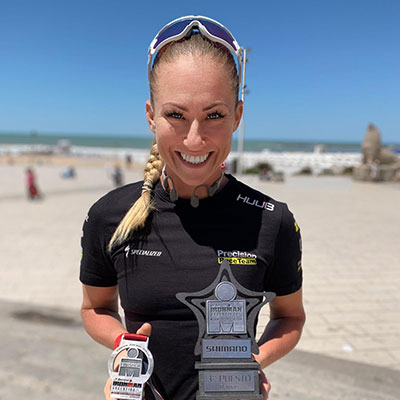
"Been working with Will on and off for over a year. The proof is in the proverbial pudding... When I amon program, I race lean and fast, my weight goes down and performance goes up! Will really understands your needs and goals and so pleased to have the chance to work with him on a coaching but also professional level with our team of over 100 athletes."
Raya Hubbell 3rd European Aqua Bike/Ironman Argentina

"U cannot recommend working with Will and his team enough. The team gave me exactly what I needed - the education and support to become well informed about performance nutrition and to unlock a healthy, sustainable and thoughtful process for managing weight and nutrition to support my day to day life and performance goals as a cyclist"
Neil Dunn Private Client







